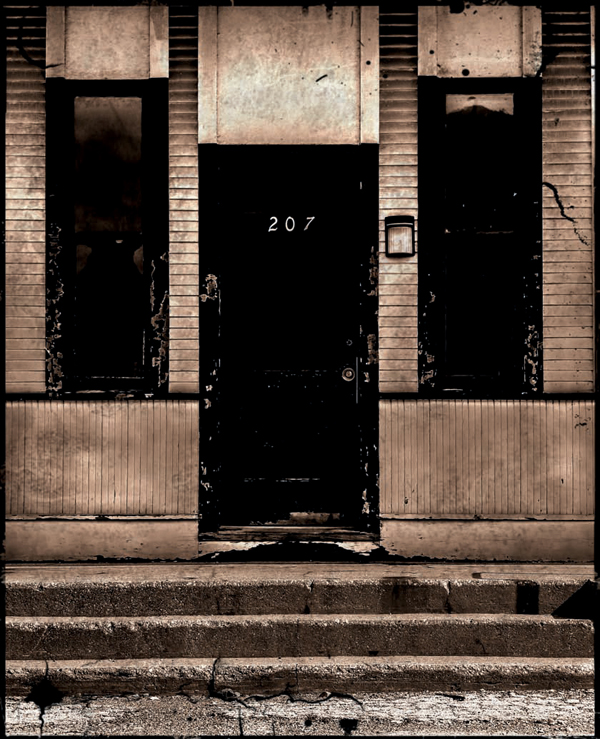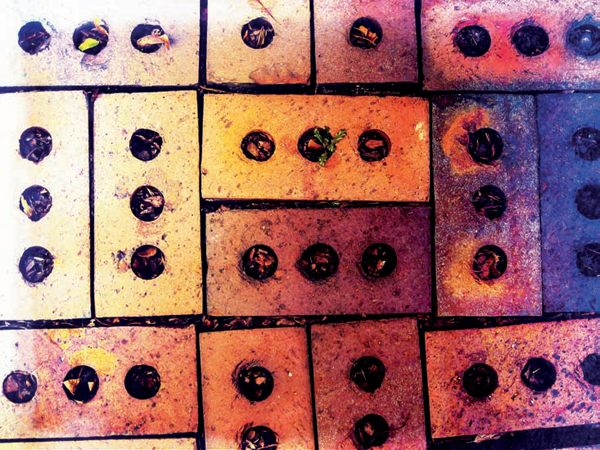The Facebook Effect
I don’t think anyone predicted just where the invention of digital photography was going to lead. What started out in many photographers’ minds as a bit of a gimmick made photography affordable for the masses. Photographs can be taken without film and developed without a darkroom. Now, for an initial outlay of less than $200, which will buy a good compact camera, most anyone can not only shoot good-quality images but can also do their own post-production on a computer that was originally purchased to pay bills or browse the Internet.
Another important change made possible by going digital is much smaller cameras. This meant that cameras could be a secondary part of another device. Adding a camera to a cell phone may seem like an obvious thing to do, but the person who first thought to do this probably impacted photography more than Cartier-Bresson and Adams combined. Ironically, this anonymous innovator may not have even been a photographer. With cameras built into their cell phones, people who previously did not consider themselves photographers on any level now always have a camera on their person.
This image, as well as the images on the following four pages, were edited with Pixlr-o-matic, one of an increasing number of retro-style editors. Available effects include intense color saturation, simulated light leaks, textures, and many more.
Initially, the whole cell phone camera idea seemed to be little more than a gimmick. The image quality was low; the images could be e-mailed to friends or stored on a personal computer, but for what? This is where Facebook and other social networking websites come into the picture, so to speak. With the advent of these sites, people could share their pictures with the world, and they could also look at the images of others. Millions of images suddenly entered the public realm and, more importantly, the public consciousness. Over time digital camera technology improved, especially the small-scale camera equipment, and today we have smart phones, such as the iPhone, with cameras that can compete in quality with midrange point-and-shoots. Now everyone is a photographer.
You may think this social aspect is all very interesting but has little impact on the professional end of the photography market. This is not the case. Until digital cameras first appeared, and even for the first few years after, the whole photography aesthetic was driven by very few photographers and picture editors. It was a top–down process. These gatekeepers determined everything from what images were appearing on billboards and in magazines to what articles were being written and published for hobbyists and amateurs. Experimentation was extremely limited and, with a very few honorable and brave exceptions, photography was artistically stagnant.

Now a wonderful anarchy has come to photography, where it is permissible to attempt just about anything. Of course not everything works, but the days of being ridiculed for trying something different seem to be over. Photography is no longer the conservative profession and pastime that it once was. The net effect of the freedom to experiment is a lowering of the bar of entry into the field. This has turned photography on its head, and rather than being an occupation controlled by a very few elite photographers and editors, it has become one where those at the bottom and in the middle of the pyramid are the true driving force. The original leaders now have to struggle to keep up.
This newfound democracy may be the new normal; perhaps another group will eventually rise and dominate, or the old guard may return under a different guise. History teaches us that the most likely outcome is a mix of these. I think photography will be better off the longer the current state of happy chaos remains—there will be more variety, and it will be harder to tame it, neuter it, make it thoroughly predictable, and reduce it to mere commodity.





